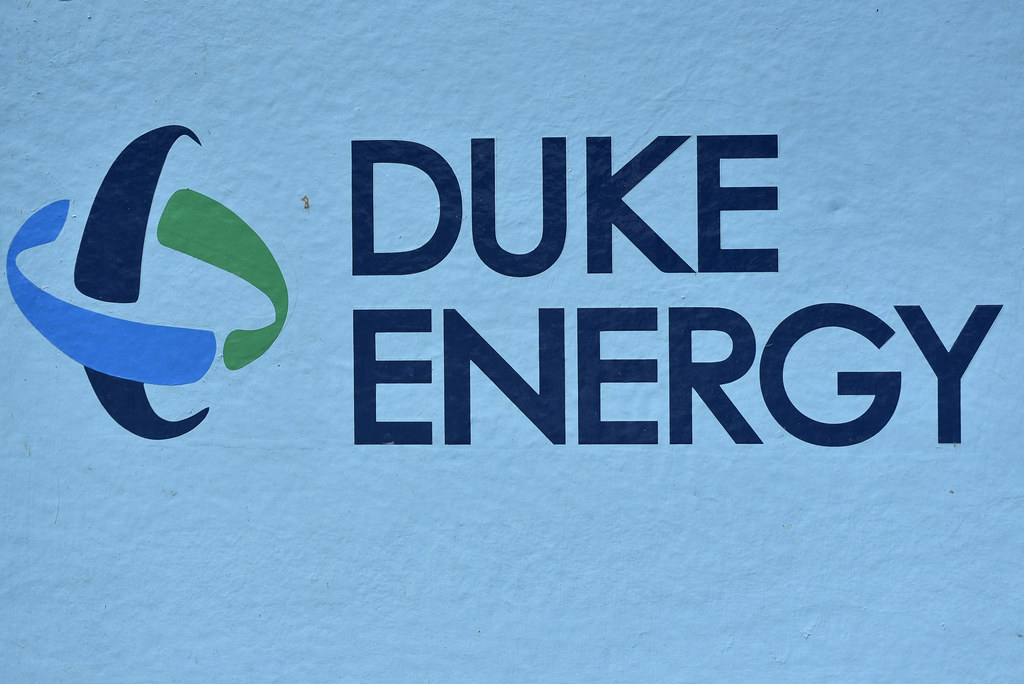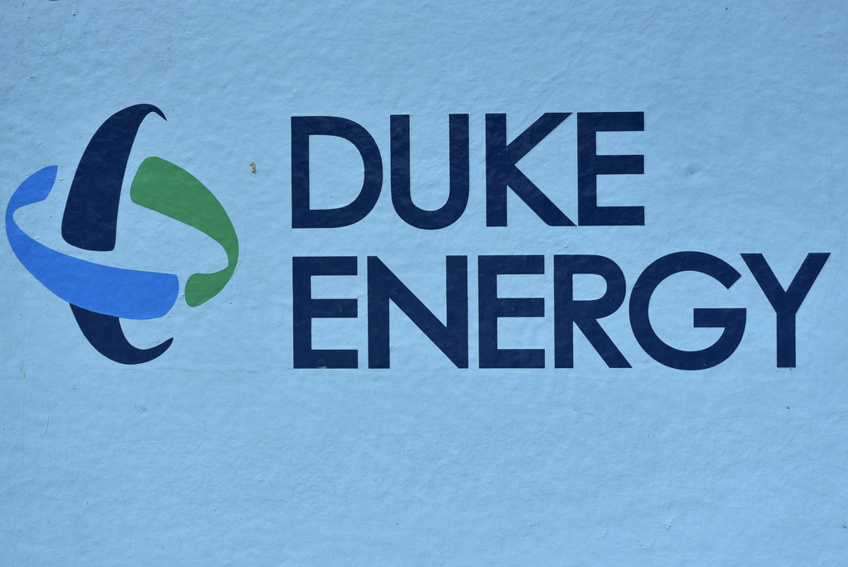Unless students have a family member working at a utility, they might not consider Duke Energy as a career option. This is what drives Melvin Philpot, who has spent 43 years with the company and now serves as the chair of the community outreach committee for the American Association of Black Engineers’ (AABE) Florida chapter.
Philpot, who manages products and services in Lake Mary, Fla., wants to change that perception. “We want middle schoolers, as they see lineworkers on utility poles, to think of the energy sector as a place for potentially lucrative careers,” he explained.
Over a decade ago, Philpot and Duke Energy Managing Director Malcolm Barnes attended an AABE youth career forum and saw the potential to introduce students from diverse backgrounds to rewarding careers in the energy industry. They hoped Duke Energy could replicate this idea.
Encouraged by Michael Lewis, then-EVP of a Duke Energy predecessor, they added a craft and technical component to the program for students who might not pursue college. With a $2,000 donation from AABE, the Youth Energy Academy (YEA) was created.
YEA aims to spark interest in the energy sector among young people through interactive activities and demonstrations. The annual program focuses on promoting diversity, equity, and inclusion in the energy field and related STEM areas by engaging eighth through 12th graders from underserved communities.
Chiquita Clark, Duke Energy’s South Coastal Work Management Supervisor, emphasized the program's role in guiding young people. “At 15 or 16, students are searching for future direction. We can show them what we do and help them envision a career here if it interests them,” Clark said.
Clark, an AABE Florida member, played a key role in organizing the 2024 St. Pete Youth Energy Academy, held at a Duke Energy power plant in Bartow, Fla. Nearly 60 students attended the event, which featured sessions like a plant tour, a workshop on a day in the life of a line technician, an electric vehicle demonstration, and a diverse career panel.
YEA started modestly with just eight students in its first year. Encouraged by Vice President of Operations Dave Maxon and supported by Duke Energy’s African American employee resource group and others like Mikel Gordon, the program expanded with financial and in-kind support from utilities, community colleges, schools, and nonprofits.
The academy now spans six regions, including Ocala and Tallahassee. A new academy in Lake Wales, Fla., at McLaughlin Academy of Excellence, serves a majority Hispanic population, expanding its reach.
Philpot credits the Duke Energy Foundation as the primary supporter of YEA, which has contributed over $120,000 since 2016.
At St. Petersburg College (SPC), another YEA partner, more than 115 students from underserved backgrounds are exploring STEM careers through the College Reach Out Program (CROP). Program Coordinator Keisha Blue noted that students who attend the academy see role models who reflect their own experiences and realize their goals are achievable.
SPC’s Innovation Lab, led by Professor Chad Mairn, introduces students to cutting-edge technologies like artificial intelligence and virtual reality, preparing them for future careers that may not yet exist.
Philpot believes that mentorship is crucial. Coming from a single-parent family, he was encouraged to attend community college, where he balanced work and studies. He finds satisfaction in contributing to YEA and representing Duke Energy.
Clark, who joined Duke Energy in 2014, also values the company’s commitment to employee development. “It’s like a big family here,” she said. “The company supports career growth, and students should know they have many opportunities beyond their starting roles.”
Duke Energy showcases a diverse range of careers beyond linework, including engineers, arborists, chemists, drone operators, and more. Clark emphasizes that while lineworkers are vital, there are many other roles essential to serving customers and thriving communities.
Philpot, who manages products and services in Lake Mary, Fla., wants to change that perception. “We want middle schoolers, as they see lineworkers on utility poles, to think of the energy sector as a place for potentially lucrative careers,” he explained.
Over a decade ago, Philpot and Duke Energy Managing Director Malcolm Barnes attended an AABE youth career forum and saw the potential to introduce students from diverse backgrounds to rewarding careers in the energy industry. They hoped Duke Energy could replicate this idea.
Encouraged by Michael Lewis, then-EVP of a Duke Energy predecessor, they added a craft and technical component to the program for students who might not pursue college. With a $2,000 donation from AABE, the Youth Energy Academy (YEA) was created.
YEA aims to spark interest in the energy sector among young people through interactive activities and demonstrations. The annual program focuses on promoting diversity, equity, and inclusion in the energy field and related STEM areas by engaging eighth through 12th graders from underserved communities.
Chiquita Clark, Duke Energy’s South Coastal Work Management Supervisor, emphasized the program's role in guiding young people. “At 15 or 16, students are searching for future direction. We can show them what we do and help them envision a career here if it interests them,” Clark said.
Clark, an AABE Florida member, played a key role in organizing the 2024 St. Pete Youth Energy Academy, held at a Duke Energy power plant in Bartow, Fla. Nearly 60 students attended the event, which featured sessions like a plant tour, a workshop on a day in the life of a line technician, an electric vehicle demonstration, and a diverse career panel.
YEA started modestly with just eight students in its first year. Encouraged by Vice President of Operations Dave Maxon and supported by Duke Energy’s African American employee resource group and others like Mikel Gordon, the program expanded with financial and in-kind support from utilities, community colleges, schools, and nonprofits.
The academy now spans six regions, including Ocala and Tallahassee. A new academy in Lake Wales, Fla., at McLaughlin Academy of Excellence, serves a majority Hispanic population, expanding its reach.
Philpot credits the Duke Energy Foundation as the primary supporter of YEA, which has contributed over $120,000 since 2016.
At St. Petersburg College (SPC), another YEA partner, more than 115 students from underserved backgrounds are exploring STEM careers through the College Reach Out Program (CROP). Program Coordinator Keisha Blue noted that students who attend the academy see role models who reflect their own experiences and realize their goals are achievable.
SPC’s Innovation Lab, led by Professor Chad Mairn, introduces students to cutting-edge technologies like artificial intelligence and virtual reality, preparing them for future careers that may not yet exist.
Philpot believes that mentorship is crucial. Coming from a single-parent family, he was encouraged to attend community college, where he balanced work and studies. He finds satisfaction in contributing to YEA and representing Duke Energy.
Clark, who joined Duke Energy in 2014, also values the company’s commitment to employee development. “It’s like a big family here,” she said. “The company supports career growth, and students should know they have many opportunities beyond their starting roles.”
Duke Energy showcases a diverse range of careers beyond linework, including engineers, arborists, chemists, drone operators, and more. Clark emphasizes that while lineworkers are vital, there are many other roles essential to serving customers and thriving communities.


 Empowering Future Careers: Duke Energy's Youth Energy Academy & STEM Education Initiatives
Empowering Future Careers: Duke Energy's Youth Energy Academy & STEM Education Initiatives





 Companies
Companies